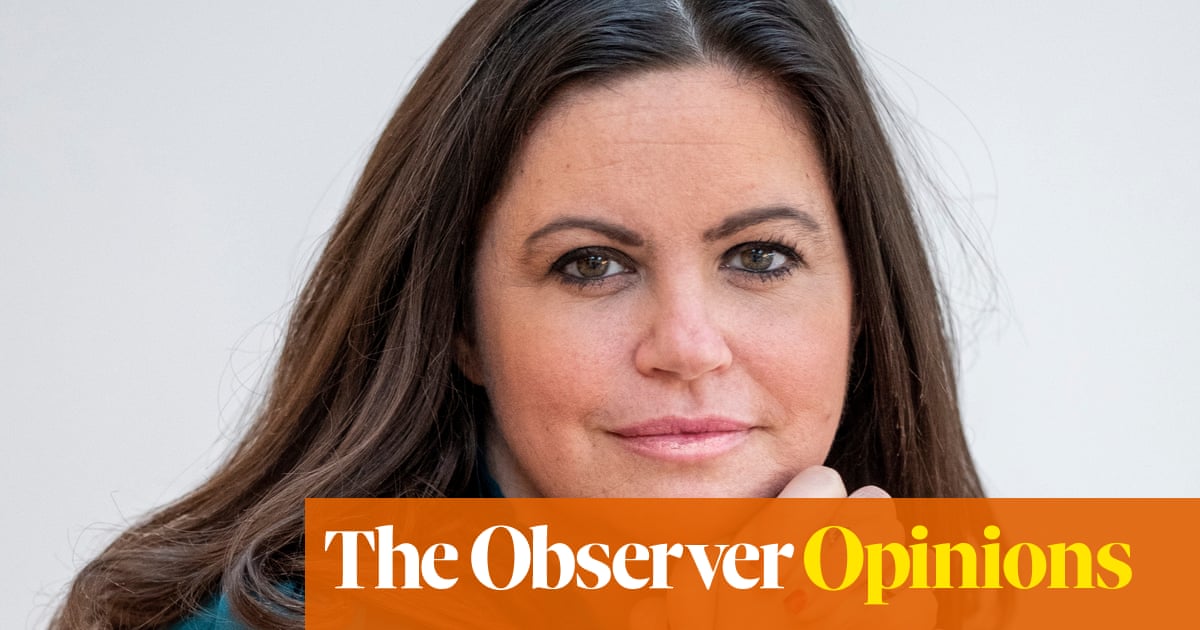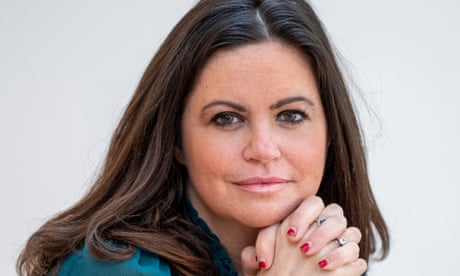
The phrase “end of life” has become a tag in familiar phrases: end-of-life care, end-of-life pathway, end-of-life wishes. The phrase “good death” is bandied about with no context. But at least we are starting as a society to talk about death. The brilliant, intimate, funny, flaying books and articles and programmes and podcasts by people who are dying have immense value, for they allow us to think of our own endings, and how we want to die says something about how we want to live.
When the film star Steve McQueen was diagnosed with aggressive terminal lung cancer, he took himself off to Mexico for alternative therapies and then a fatal operation. His surgeon apparently said that McQueen displayed an immense will to live, but it can be recast as an agonising refusal to acknowledge the truth that everyone else could see. He did not have a good death. After surviving stage 4 breast cancer in 1975, Susan Sontag wrote sanely and brilliantly about her experience of illness (that “night-side of life”) and argued against the ideological cruelty of thinking about sickness in metaphorical terms – cancer, for instance, as a ruthless secret invasion, something to fight against and to overcome. She urged readers to treat illness instead only as literal, bodily, the luck of the draw.
As thinkers have told us for thousands of years, death gives meaning to existence (“The goal of all life is death,” wrote Freud). Animals perish but humans die, because humans know they are mortal, no matter that they might try hard not to know, even when they can hear the scaffolding being built under their window. The knowledge of dying can throw a person into the present tense, what Dennis Potter, near the end of his life and swigging morphine, called the wondrous “nowness of everything”, or Clive James in his valedictory poem celebrates as “a world that shone so brightly at the last”.
This good death is partly in the hands of doctors and nurses. Unlike before the 20th century, people under medical care can often be rescued from illnesses that earlier would have killed them and when their time does come they no longer need to die in agony. (It is not uncommon for the drugs that remove the pain to end the life.) But such care can mean medicalisation, which can bring a battalion of death-defying procedures to the bedside: drugs and tubes and dissections and tailor-made poisons, a complex apparatus of bespoke tortures to keep the patient alive beyond their time. Death can come to seem like a shame and a failure; holding it off for as long as possible the goal.
17 tumours removed, lungs deflated, body cut into) and has managed to live with spirit, humour and a heightened sense of life’s preciousness. But now she accepts that death is at the door. She wants, she said in an interview (where she was wearing a long green dress and gold earrings and sipping champagne), to be surrounded by those she loves the most and to hear the “normal buzz of my life as I go”. This sounds like a good death and here good has absolutely no moral connotations, nor should it ever have. We talk too often about the dying ones being brave, stoic, serene (or alternatively consumed by terror or denial). None of us knows how we will face death’s imperative, and courage or a performative cheer are not the point. I suppose I mean that James is living right up to the moment of dying; the approach of the end has not stopped her from living, but has made being alive even more resonant with meaning and love.
It can also be in the hands of the person who is at the end of their life. It is hard but not impossible to say no: no to the last-throw-of-the-dice treatment, to the faint chance of extra time that costs extra suffering, to the hope that is more like despair, to the illusion that death will not happen to us, or not yet, to the peculiarly human belief that illness is a weakness and dying a failure, scandal and disgrace. To say: the party’s over.
Do you have an opinion on the issues raised in this article? If you would like to submit a letter of up to 300 words to be considered for publication, email it to us at observer.letters@observer.co.uk
Deborah James has been dying in public for five years. Since her diagnosis of terminal bowel cancer, she has become famous and beloved as a tireless campaigner, co-host of the award-winning podcast of You, Me and the Big C, author of a book about cancer and a humane and life-affirming contributor to the conversation around how we face death. Now she has said she is at the end of her life. She is no longer being kept alive in hospital, but has returned to her parents’ home to die with her husband, children and siblings around her.
John’s Campaign
Yet Sontag was always terrified of dying. When in 2004 she was diagnosed with incurable myelodysplastic syndrome, the idea of her own death was unacceptable, unbearable, irreconcilable. She threw all her money and hope and refusal into radical experimental treatment that was never going to save her and made her last chapter one of suffering and, for people close to her, helpless dismay. She could not say goodbye to those who loved her because it was an unutterable acknowledgement that soon she would be their memory of her. She did not have a “good” end of life.

